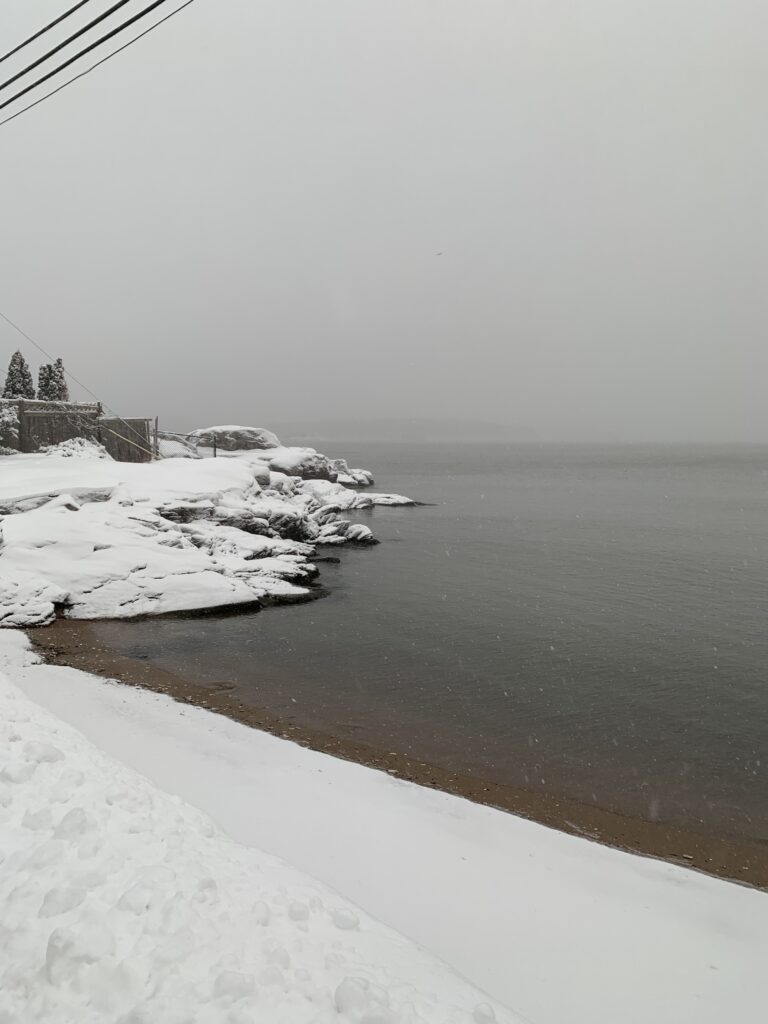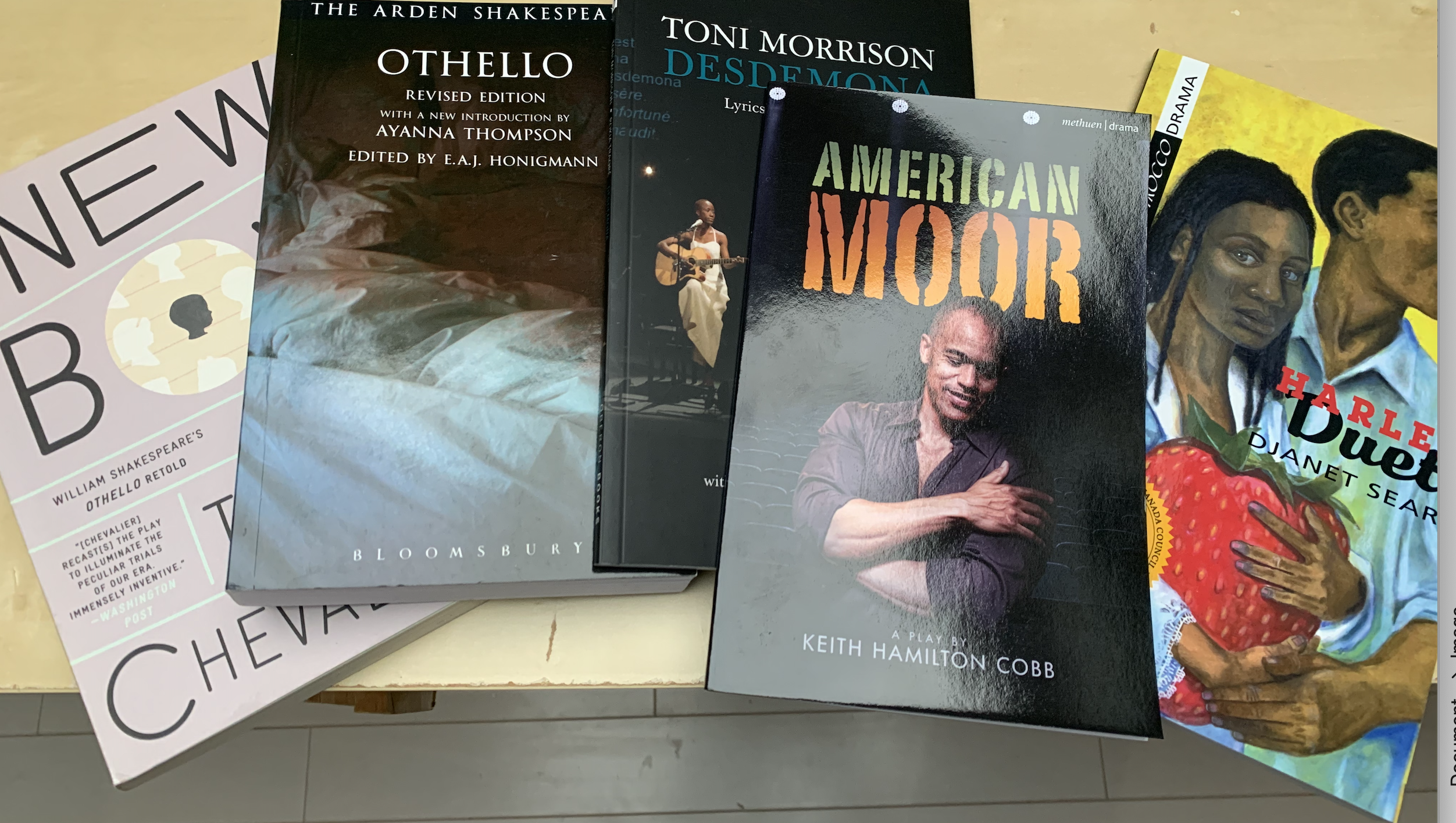After a week’s extra winter quiet, the Spring 2021 semester at St. John’s starts today — but this year I’m not worried about driving down to Queens in pre-dawn darkness and possible snow. Instead, my commute remains just four steps from bedroom to home office and my worries are about the reliability of my internet and how much my dog will bark during class.

Like many, I’m hanging by my fingernails as this pandemic year grinds on. I’ve learned some things about online teaching that I think will help — more YouTube lectures and clips, fewer Discussion boards, more shared Google docs! But I don’t have any illusion that Zoomin’ — or I guess WebEx-ing, since that’s the platform St. John’s uses — can capture the human engagement of the classroom. Online teaching can do some things pretty well, I have long believed in using online tools for all my classes, and some of the e-tricks I’ve employed this past year will likely migrate to my future classes even when we re-occupy classrooms. But this year has reminded me that the most powerful technologies we have in education are human voices and shared presence, the calls to attention that people make by being in shared spaces. I miss that, and I look forward to getting back to it.
But — not this semester! Instead I’ve got three fun classes that I’ll quickly preview here. Two are synchronous online, meaning that I’ve got scheduled “live” Zoom classes for the whole crew each week. One is asynchronous, meaning that everything happens remotely, at whatever times students choose to engage.
English 2210: British Fantasy from Beowulf to Harry Potter
My asynchronous class, which should I hope draw in some non-majors, takes the opportunity created by Maria Dhavana Headley’s great new feminist and slang-y translation of Beowulf — “Bro! Tell me we still know how to speak of kings!” — to investigate the medieval roots of the British fantasy novels with which so many of us have grown up. For me that means Tolkien, and for many of my students, as well as my own kids, that means Rowling’s Harry Potter books. Without entirely breaking the spells this books have cast on us as young readers, we’ll look into questions of racism and sexism in fantasy, think about what heroes & monsters & wizards & witches can say to the twenty-first century, and consider how books like these are changing as they continue to be written today.

English 3140: Shakespeare: What Should We Do with Othello?
This spring’s iteration of my regular Shakespeare class, which usually draws both English and Education majors, focuses mostly on a single play, Othello, which is both a work of canonical genius and a play whose racism continues to unsettle audiences, readers, and performers. By reading the play in dialogue with contemporary creative responses by Toni Morrison, Tracy Chevalier, Djanet Sears, and Keith Hamilton Cobb, as well as Shakespeare’s sources, contemporary critical essays, and a couple of other Shakespeare plays, we’ll dig into what makes Othello so powerful, so disturbing, and so meaningful in 2021.

English 140: Black and Blue: Oceans and Migrations in the African Diaspora, 50,000 BCE to the Present
My spring grad seminar will combine two of my favorite intellectual threads. Bringing together the discourses of the blue, or “oceanic,” humanities with the history of race and Critical Race Theory, this course asks how oceans and race have shaped and continue to shape human culture. Readings in history and critical theory from the Francophone Caribbean writer Edouard Glissant to British historian Paul Gilroy to “human geographer” Kathyrn Yussof, among many others, will entwine themselves around the greatest American novel of whiteness and the ocean, Moby-Dick, plus a series of sea poems from Shakespeare to Emily Dickinson to Derek Walcott. I wish we could all go to the beach together, as I’ve done sometimes in the past with ocean-themed grad seminars, but I’m looking forward to this one even in the Zoom-world!